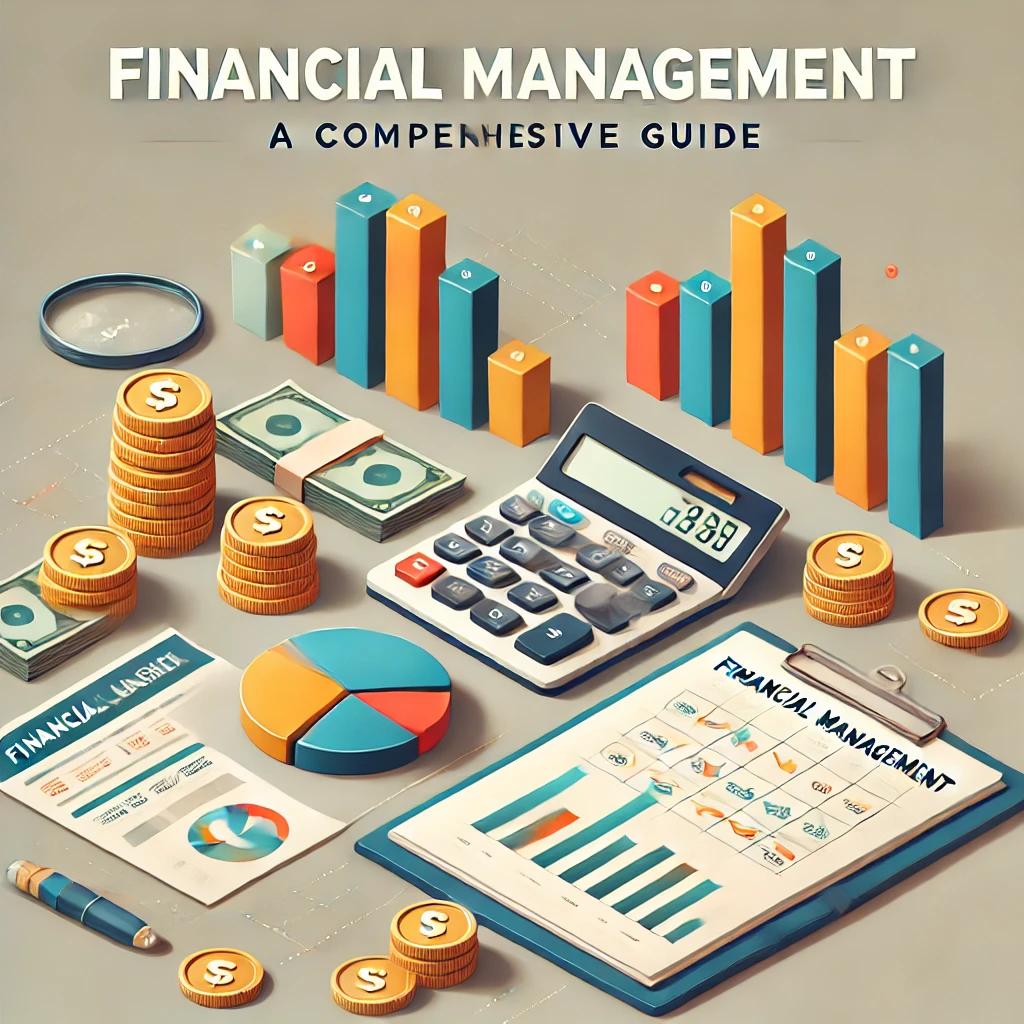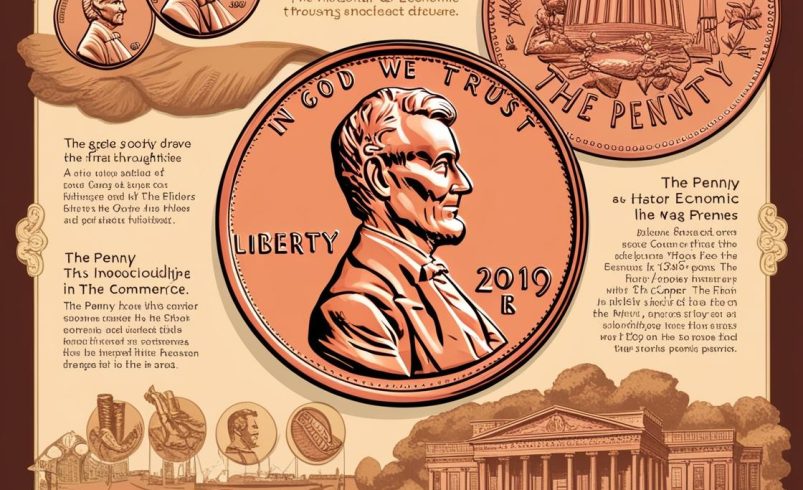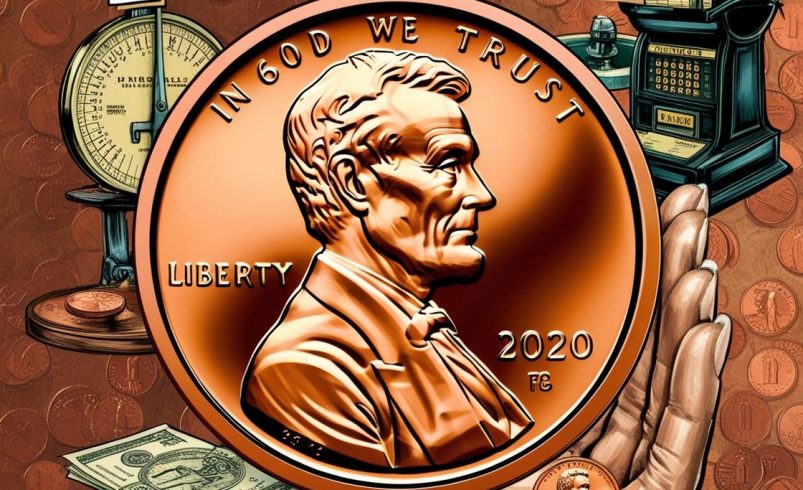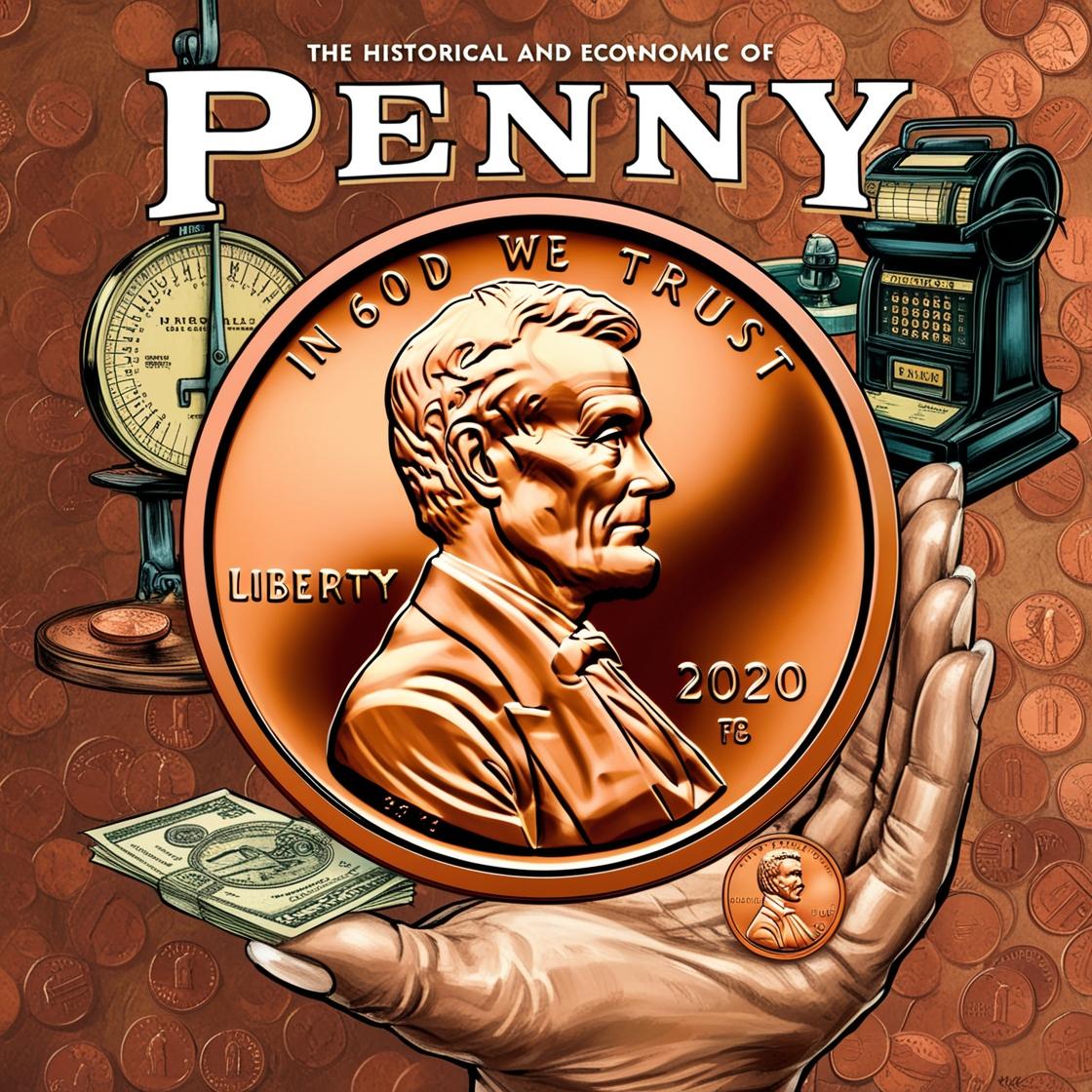Retirement is more than just an endpoint; it’s the beginning of a new chapter where financial security and peace of mind allow you to embrace life’s possibilities. Navigating this crucial phase requires more than savings—it demands expert guidance and strategic planning to ensure your future aligns with your aspirations. That’s where the role of professional advisors becomes indispensable.
Our experienced team delivers expert insights into every facet of retirement planning. Whether your vision includes traveling the world, pursuing a passion, or enjoying time with loved ones, we focus on creating personalized strategies to turn your goals into reality. Leveraging years of expertise and advanced financial tools, we streamline the process, helping you navigate retirement planning with clarity and confidence.
We provide comprehensive support, starting with an in-depth analysis of your current financial position and identifying the best pathways to optimize your savings. Whether it’s maximizing the potential of 401(k)s, IRAs, or other retirement accounts, leveraging tax-advantaged strategies, or navigating pension plans and social security benefits, our expertise ensures no opportunity is overlooked.
Our advisors go beyond traditional approaches, offering insights into sustainable investment strategies that protect and grow your wealth. With a focus on managing risks and staying ahead of market trends, we ensure your savings keep pace with inflation and evolving economic conditions.
Retirement planning isn’t a one-time task—it’s an ongoing journey. That’s why we provide regular plan reviews and adjustments, ensuring your strategy evolves with life’s changes and remains aligned with your financial goals. Our personalized approach means you’re never alone in making critical decisions; you’ll always have a trusted advisor by your side.
Working with skilled professionals in retirement planning turns doubt into certainty. With expert advice, your retirement can become a chapter of independence and possibility, where financial stability supports your aspirations. Begin your journey now—the future you dream of starts with the choices you make today.
Retirement planning is a multifaceted process, and our expert advisors are here to guide you through every aspect with clarity and precision:
Understanding Your Retirement Goals:
We take the time to learn about your vision for retirement—whether it’s traveling, pursuing hobbies, or enjoying time with family—and align your financial strategy to meet those goals.
Assessing Your Current Financial Position:
Our advisors conduct a detailed review of your current income, savings, expenses, and existing retirement accounts to create a clear starting point for your plan.
Optimizing Retirement Accounts:
We help you make the most of your 401(k), IRA, or other savings accounts by recommending contribution strategies, maximizing employer matches, and leveraging tax benefits.
Pension and Social Security Guidance:
Making the most of your pension or deciding when to claim Social Security benefits can be complex. We provide expert advice to ensure you make the most beneficial choices.
Tax-Efficient Planning:
Our advisors design strategies to minimize your tax burden, helping you retain more of your savings and stretch your retirement income further.
Investment Management:
We guide you in creating a diversified investment portfolio tailored to your risk tolerance and timeline, ensuring your money continues to grow and keep pace with inflation.
Risk Assessment and Management:
Protecting your savings is as important as growing them. We help you understand and mitigate risks, providing a balanced approach that safeguards your financial future.
Income Planning for Retirement:
We create a clear plan for turning your savings into a steady income stream, ensuring you have enough to cover expenses and enjoy your retirement without financial stress.
Healthcare and Long-Term Care Planning:
Medical expenses and long-term care can significantly impact your retirement funds. We help you prepare for these costs with tailored insurance and savings strategies.
Estate and Legacy Planning:
If leaving a financial legacy for your loved ones is important to you, we guide you through wills, trusts, and estate planning to ensure your wishes are fulfilled.
Lifestyle Adjustments and Budgeting:
Retirement often requires a shift in spending habits. We help you create a realistic budget to maintain your lifestyle while preserving your savings.
Regular Plan Reviews and Updates:
Life changes, and so should your retirement plan. We provide ongoing reviews and updates to keep your strategy aligned with your evolving goals.
Education and Empowerment:
We believe in empowering you with knowledge, explaining complex concepts in simple terms so you can make informed decisions with confidence.
Cutting-Edge Financial Tools:
Leveraging the latest tools and technologies, we provide insights and strategies to ensure your plan is comprehensive and up-to-date with market trends.
Our advisors cover every angle, making retirement planning a seamless process that prioritizes your peace of mind and long-term security. With expert guidance, you can confidently look forward to a fulfilling and financially stable retirement.







3 Comments
[…] develop long-term retirement planning strategies that secure your lifestyle well into the future, ensuring your savings support your […]
[…] develop long-term retirement planning strategies that secure your lifestyle well into the future, ensuring your savings support your […]
[…] develop long-term retirement planning strategies that secure your lifestyle well into the future, ensuring your savings support your […]